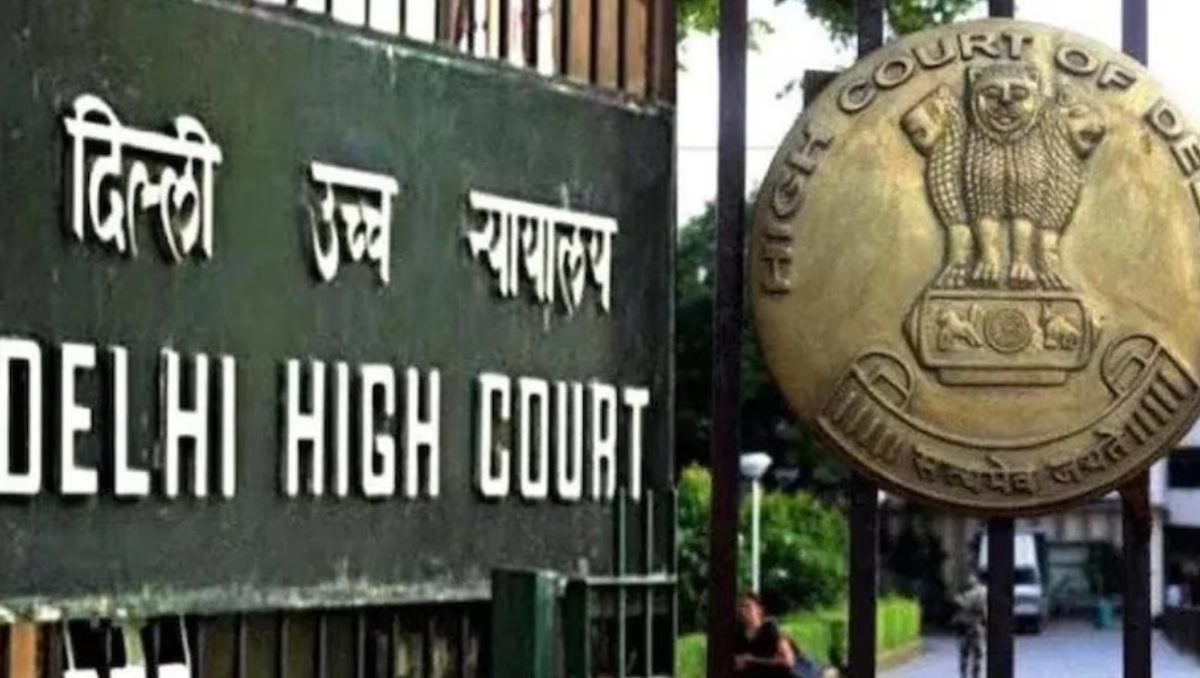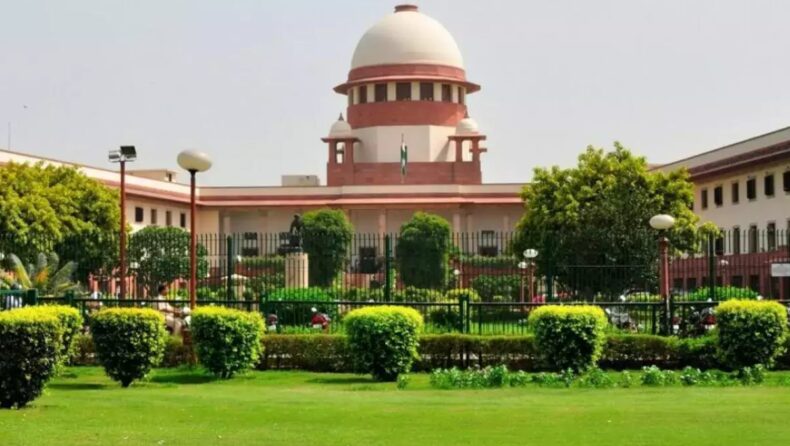In a significant decision that reinforces the rights of rape survivors in pregnancy termination cases, the Supreme Court of India has once again asserted the primacy of its orders over those of lower courts. This move comes after the Gujarat High Court drew criticism for its handling of a rape survivor’s plea for pregnancy termination. The apex court’s latest verdict not only allowed the rape survivor to terminate her pregnancy but also emphasized the importance of sensitivity and urgency in such matters.

Supreme Court Supports Rape Survivor’s Right to Terminate Pregnancy
The Supreme Court has demonstrated its commitment to safeguarding women’s rights, especially in situations involving sexual assault. In a recent ruling, the court allowed a 25-year-old rape survivor from Gujarat to terminate her pregnancy. The court recognized that while pregnancy within the institution of marriage is often a source of joy, unwanted pregnancies resulting from sexual assault can have severe negative effects on a woman’s mental health. This decision aligns with the court’s earlier judgments that upheld the right to privacy as a fundamental right, extending this principle to include matters related to sexual orientation.
Gujarat High Court Under Fire for Defying Supreme Court
While the Supreme Court’s verdict is seen as a positive step toward supporting rape survivors, it also criticized the Gujarat High Court for its handling of the case. The apex court condemned the high court’s counterblast against its orders, asserting that no court in India can pass an order against a superior court’s ruling. This conflict between the two courts highlights the need for consistency and adherence to higher court judgments.
Supreme Court Advocates Urgency and Sensitivity in Such Cases
One of the key criticisms levied by the Supreme Court against the Gujarat High Court was its lackadaisical attitude in handling the rape survivor’s case. The apex court underscored the significance of acting with urgency in such sensitive matters, emphasizing that delays can have serious consequences. The court’s comments shed light on the need for all levels of the judiciary to prioritize the emotional and physical well-being of survivors of sexual assault.

Delhi High Court Sets Guidelines for Pregnancy Termination
In a related development, the Delhi High Court has issued comprehensive guidelines regarding pregnancy termination for sexual assault survivors. These guidelines, which complement the Medical Termination of Pregnancy (MTP) Act of 2021, aim to ensure that survivors receive necessary medical care and support throughout the process. Some of the key guidelines include:
1. Medical Professionals’ Caution: Medical termination of pregnancy should be carried out with utmost caution by the medical professionals involved, recognizing the sensitive nature of such cases.
2. Timely Medical Attention: Investigating officers must ensure that survivors are taken to hospitals within 24 hours of receiving an order for pregnancy termination. The guidelines stress the importance of preserving evidence, especially in cases of sexual assault.
3. Consent and Desire: Consent from both the survivor and their guardian (in the case of minors) is essential before proceeding with pregnancy termination. The survivor’s well-being and choice must be central to the decision-making process.

4. Time-bound Procedures: The court directs authorities to expedite the process of reviewing and acting upon orders related to pregnancy termination, particularly in cases involving minors.
5. Medical Board Formation: The court emphasizes the establishment of medical boards in government hospitals to ensure expert guidance and timely decisions.
6. Preservation of Evidence: Medical professionals must take steps to preserve fetal tissue for forensic examination, strengthening the evidentiary value of such cases.
7. Post-procedure Care and Records: Doctors are responsible for ensuring thorough records of the procedure and post-procedure care, especially when termination is not pursued. This comprehensive documentation is crucial for legal proceedings.
The recent developments in both the Supreme Court’s ruling and the Delhi High Court’s guidelines signify India’s commitment to upholding the rights and well-being of sexual assault survivors. These legal measures acknowledge the physical and emotional challenges survivors face and underscore the importance of sensitivity, urgency, and compassion in legal proceedings related to pregnancy termination. By reiterating the primacy of superior court orders and advocating for survivor-centric approaches, the Indian judiciary is taking strides toward ensuring justice and support for survivors of sexual assault.













